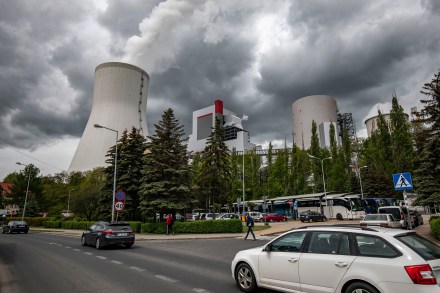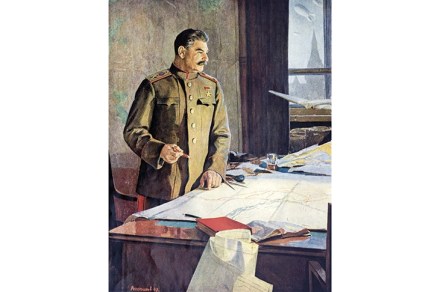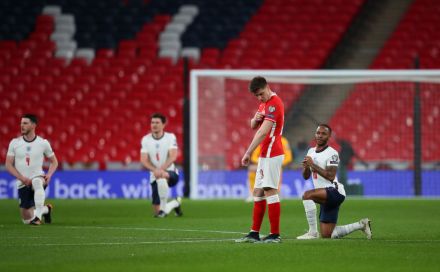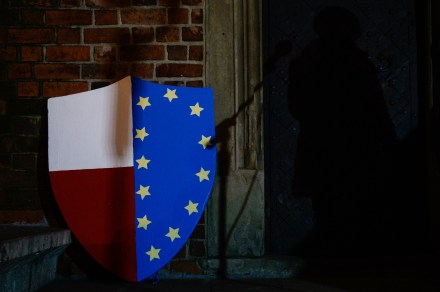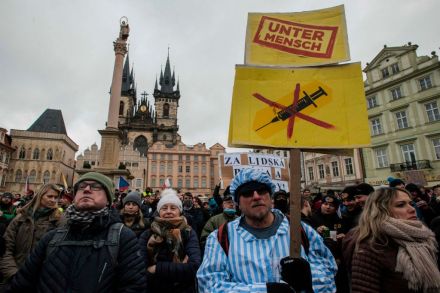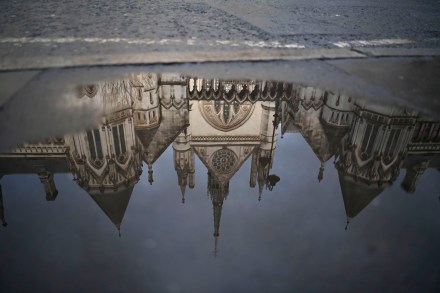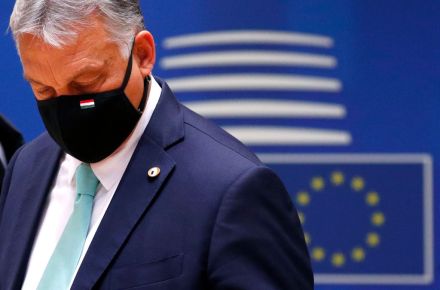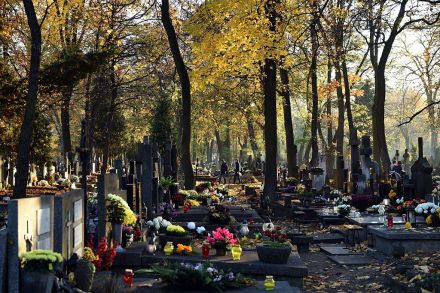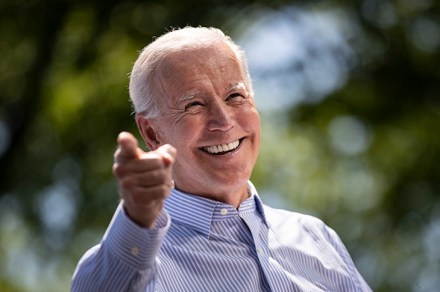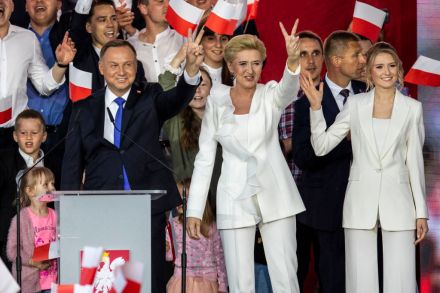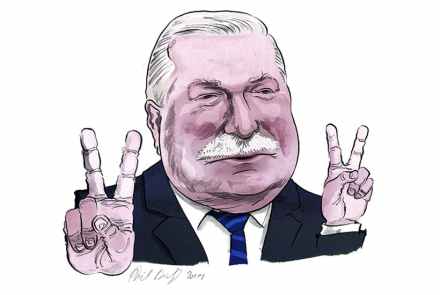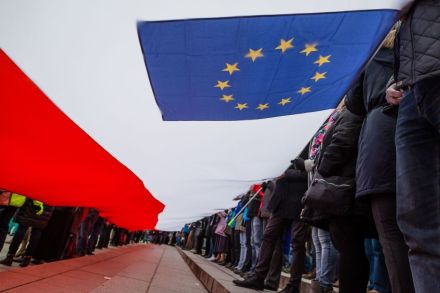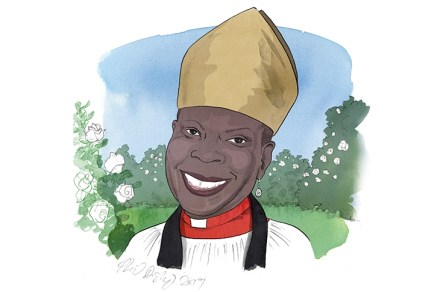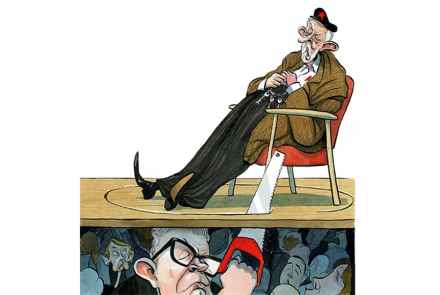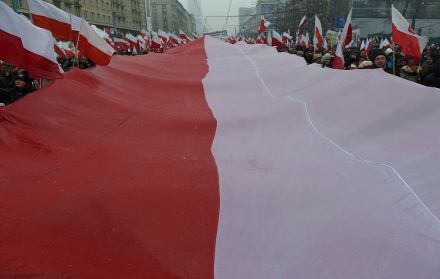How a Polish coal mine risks derailing the EU’s climate strategy
Cracks are appearing in the EU’s climate strategy. An international dispute over the court-ordered closure of a coal mine on the Poland-Czech Republic border has thrown divisions over how to phase out fossil fuels into sharp relief, leading to the first ever environment-related lawsuit between two EU member states. The Czech Republic has taken Poland to the European Court of Justice to oppose the extension of a licence for the Turów coal mine on Poland’s south-western border with the Czech Republic and Germany. The Czech government said that continued operations at the mine constitute a risk to the health of Czechs living nearby due to air pollution and reduced groundwater supplies. The ECJ
